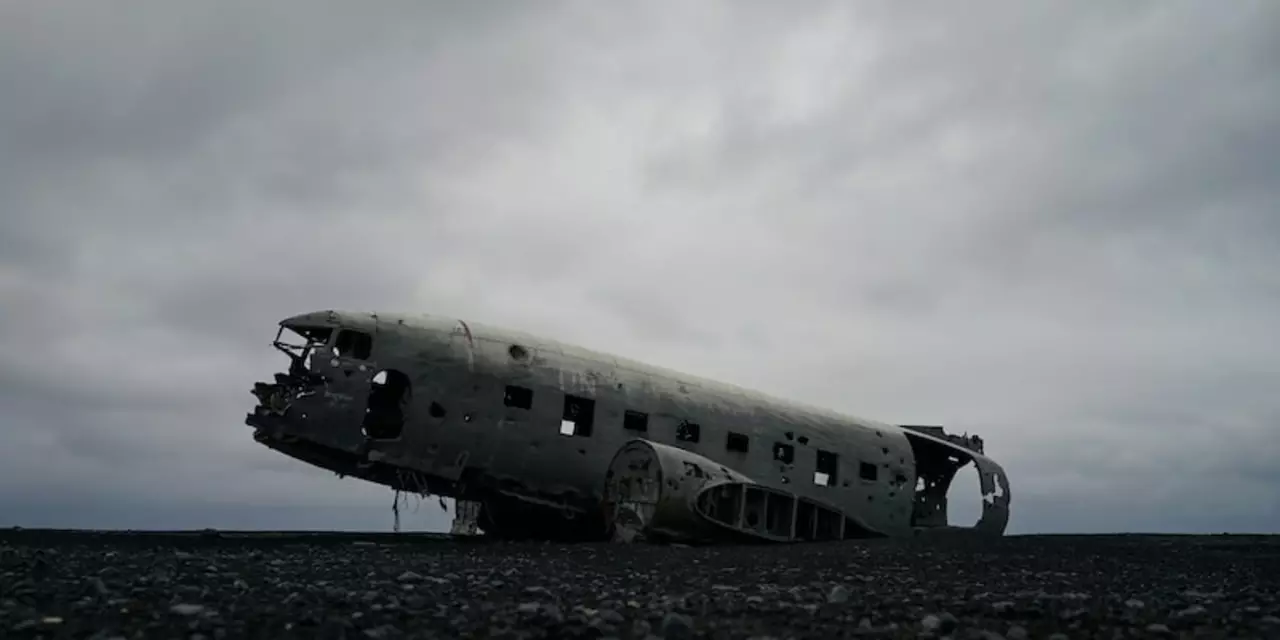Medical Examiner: Roles, Duties, and Importance
Ever wondered who decides the cause of death when a mystery surrounds it? That’s the medical examiner. In plain terms, a medical examiner is a doctor trained in forensic pathology who investigates unexpected or suspicious deaths. They step in when a death isn’t natural, when investigators need a scientific answer, or when families need closure.
Their work isn’t just about looking at bodies; it’s about piecing together clues. Think of it like a detective story where the evidence lives inside the body. That’s why a medical examiner needs a solid medical background and a keen eye for detail.
What Does a Medical Examiner Actually Do?
First off, they perform autopsies. An autopsy isn’t a gruesome spectacle—it’s a systematic examination. The examiner checks each organ, takes tissue samples, and runs lab tests. These steps reveal injuries, diseases, or toxins that could explain the death. For example, if someone collapses at work, the examiner might discover a hidden heart condition that went unnoticed.
Second, they write reports. The report is a clear, factual document that says what was found, how it happened, and why. Police, courts, and families rely on this paper to make decisions. The language is straightforward, avoiding medical jargon whenever possible, so everyone can understand the outcomes.
Third, they often testify in court. When a death leads to a legal case, the medical examiner becomes an expert witness. They explain their findings in plain language, answer questions, and help judges or juries see the facts. Their credibility can shape the whole case.
Why the Medical Examiner’s Role Matters
Public health gets a boost from their work. When several deaths share a pattern—say, a new drug causing overdoses—the examiner flags it, prompting health agencies to act. This can lead to alerts, policy changes, or new safety measures.
Families also benefit. Knowing the cause of death helps with grief and can answer lingering questions. It can also uncover hereditary conditions, prompting relatives to get checked early.
On a broader scale, a reliable medical examiner system strengthens the justice system. Accurate death determinations prevent wrongful convictions and ensure that crimes are properly investigated.
In short, the medical examiner is a bridge between medicine, law, and public safety. Their day-to-day tasks—autopsies, reports, courtroom testimony—might sound technical, but the impact is personal and far‑reaching. Whether it’s solving a single mystery or spotting a community health threat, their expertise saves lives even after death.
If you ever need to know what happened in an unexplained death, you now know who to look for and why their work matters. It’s all about turning unknowns into answers, one careful examination at a time.
What happens when someone dies on a plane?
- Vivaan Kulkarni
- |
- |
- 0
When someone dies on a plane, the pilot will make a decision to divert the plane to the nearest airport as soon as possible. Upon landing, the deceased person will be taken care of by the airport authorities and a medical examiner if needed. The flight attendants and passengers on board will be offered psychological support. Depending on the cause of death, an investigation may be launched.
View more